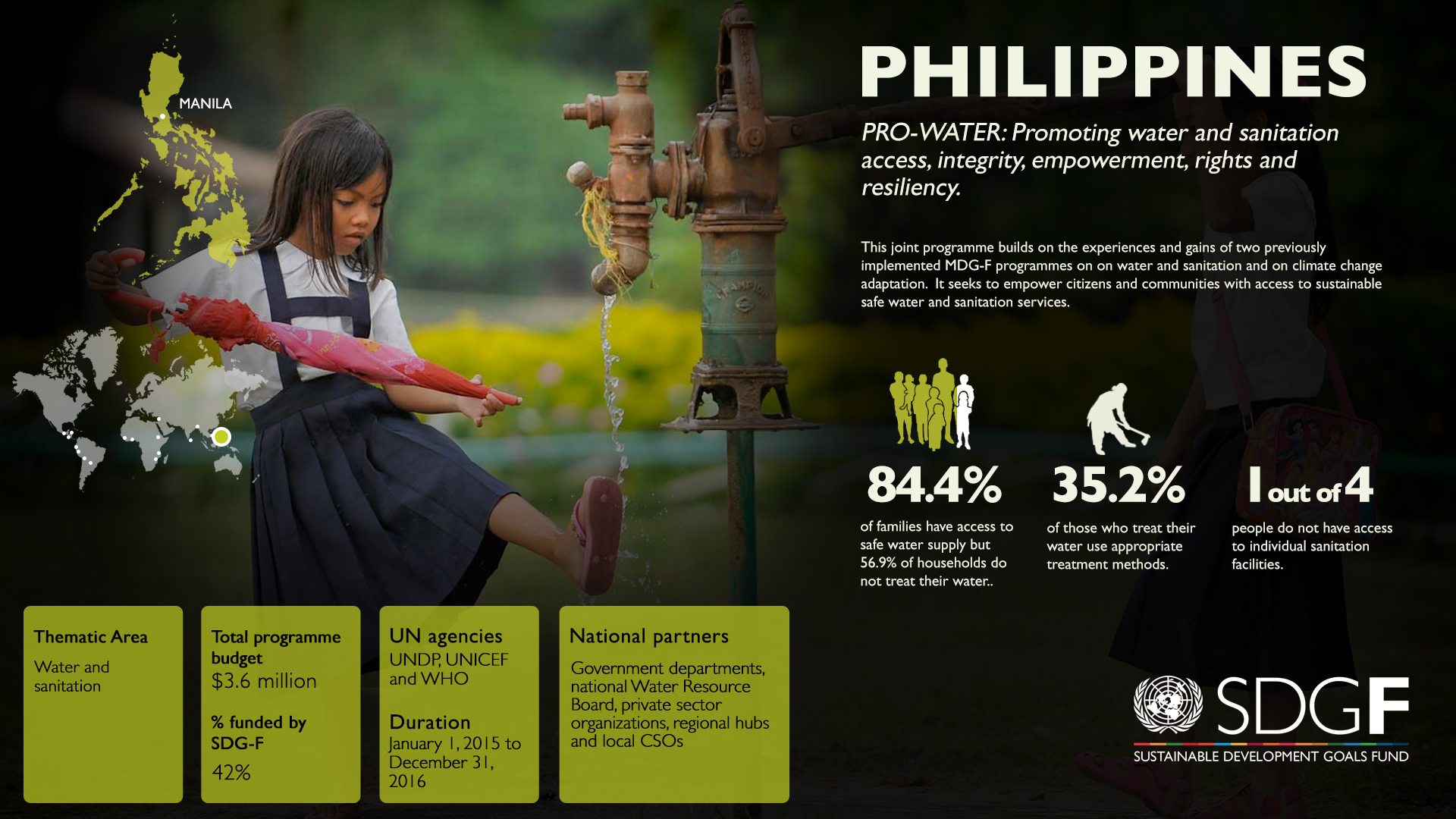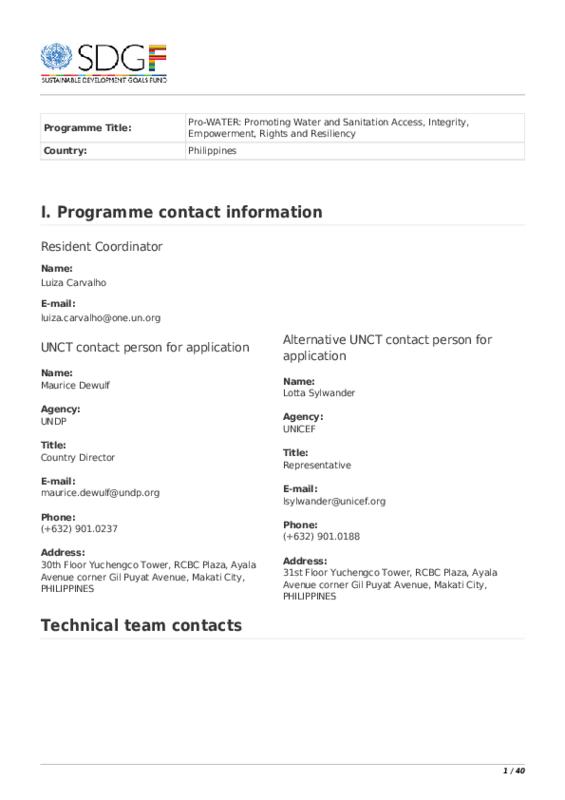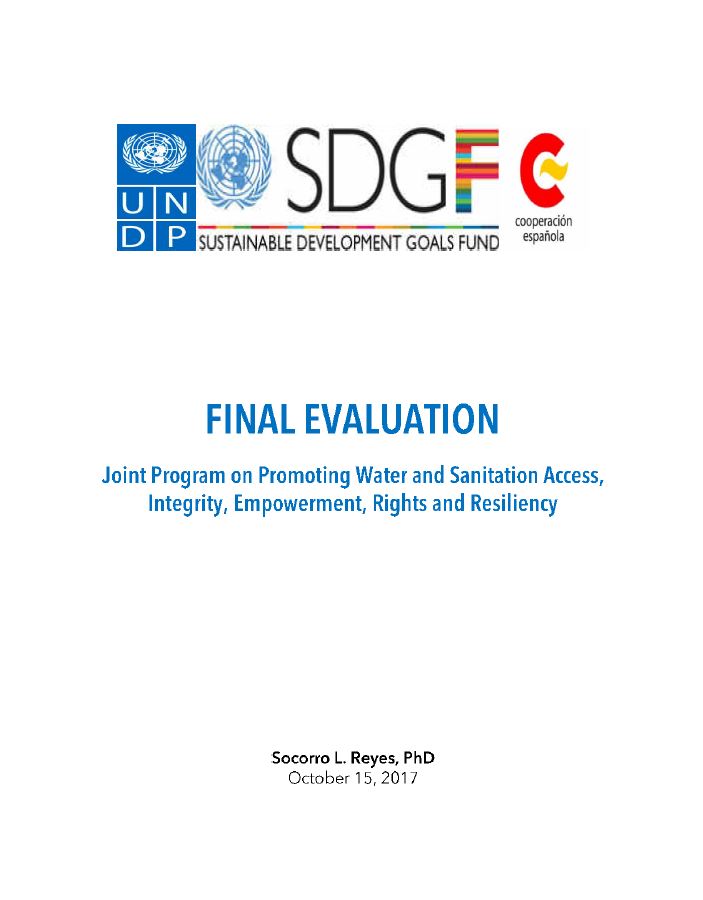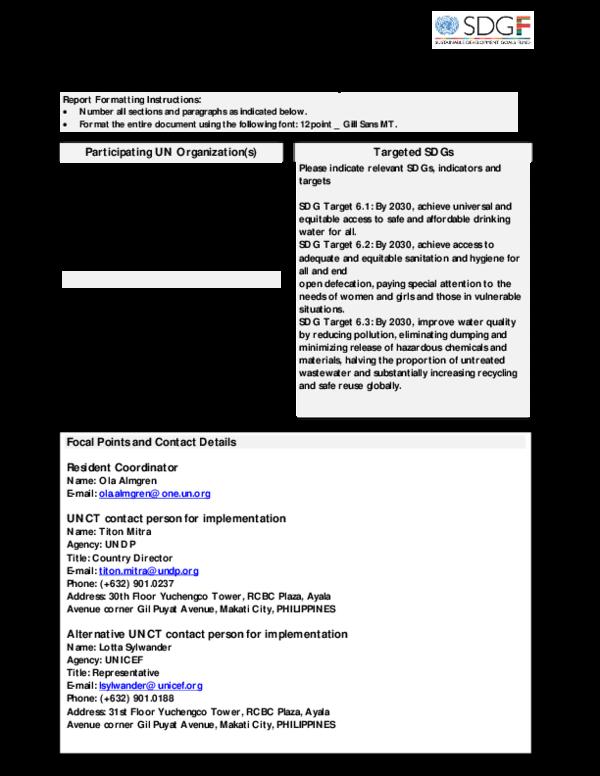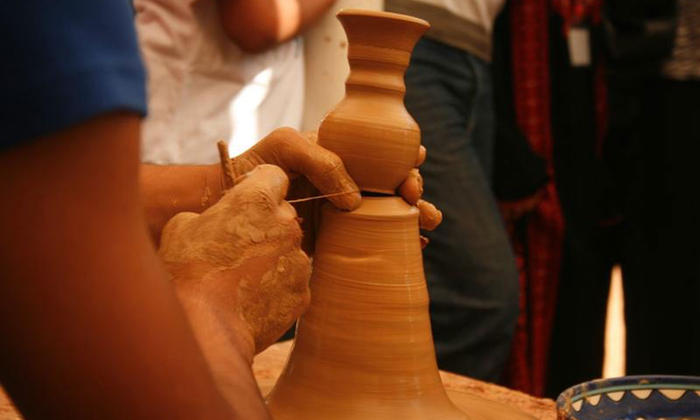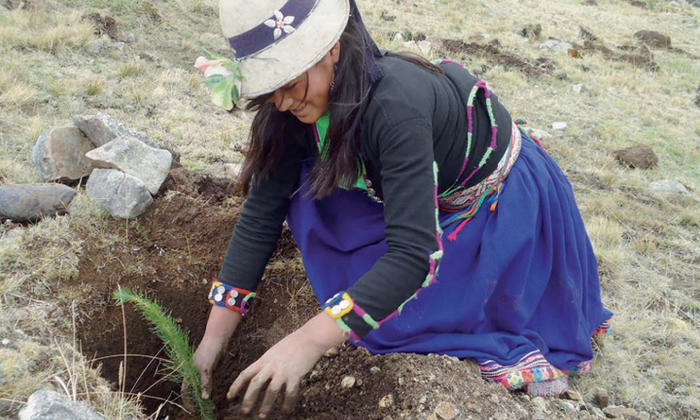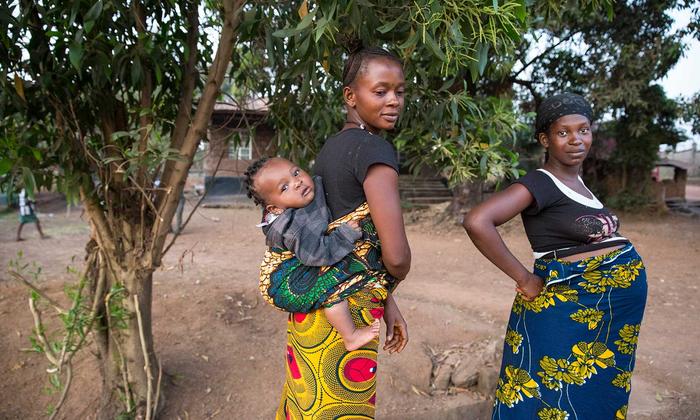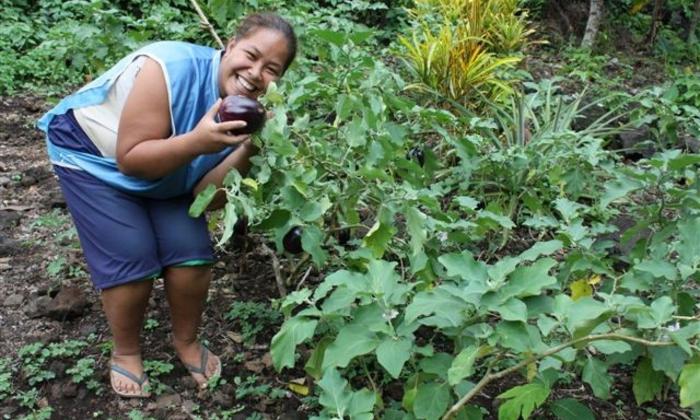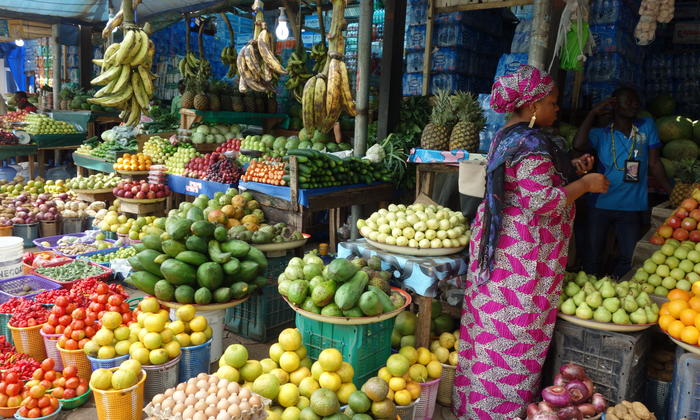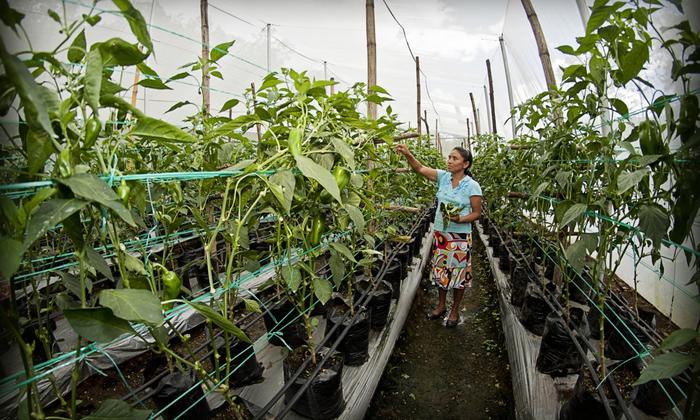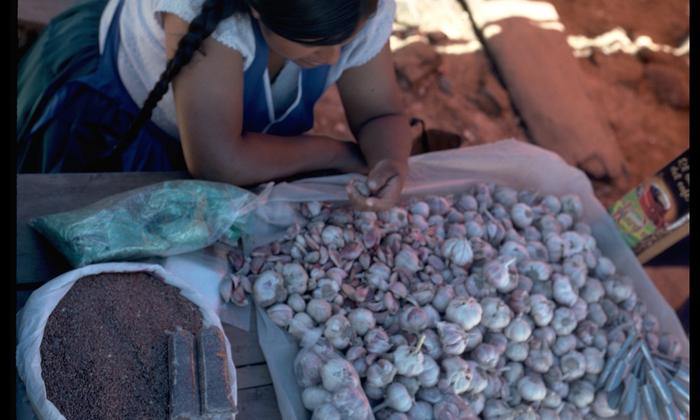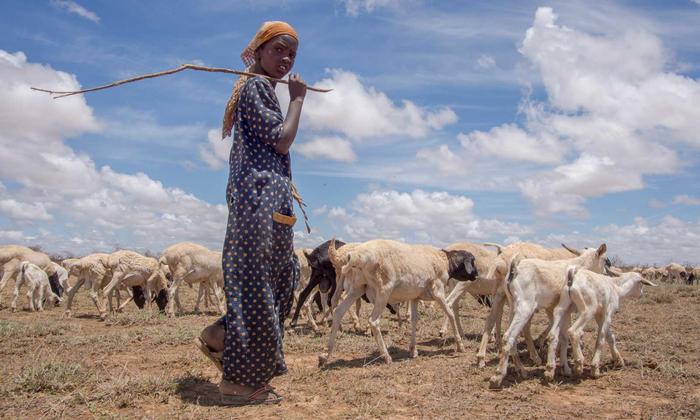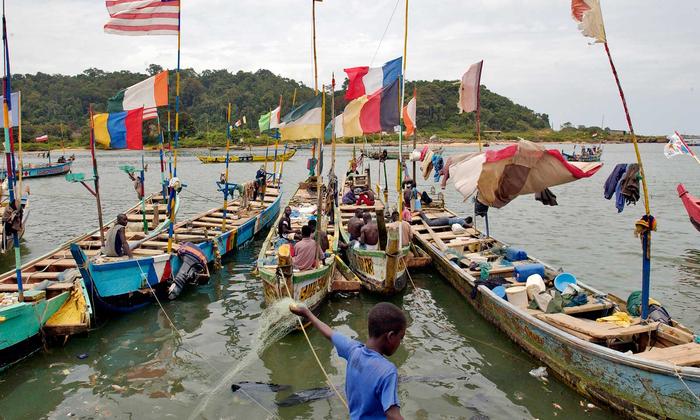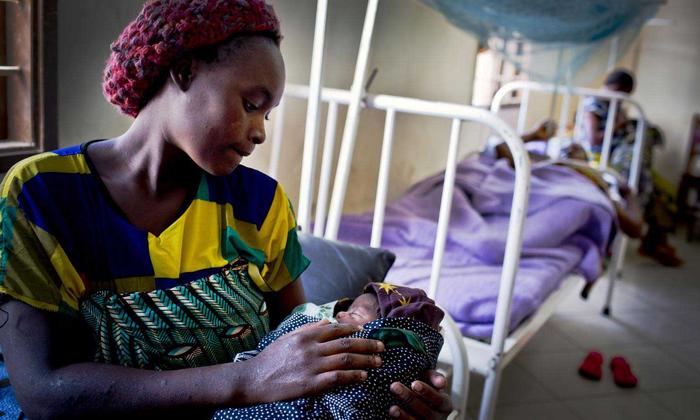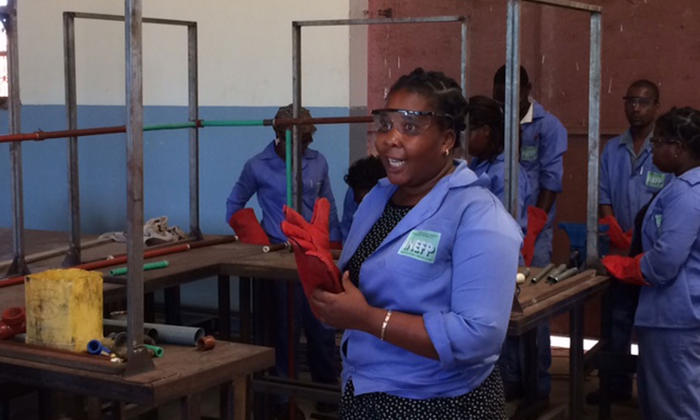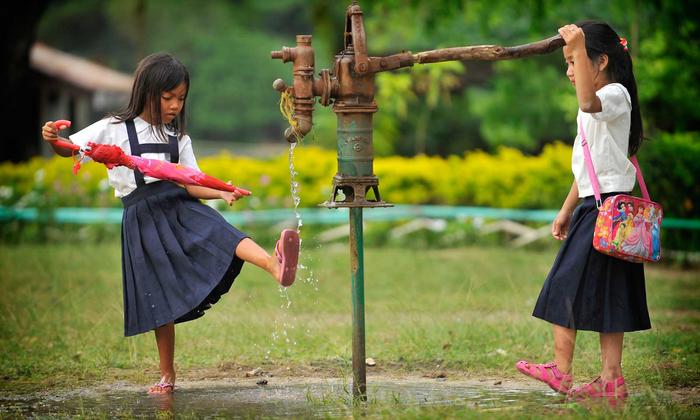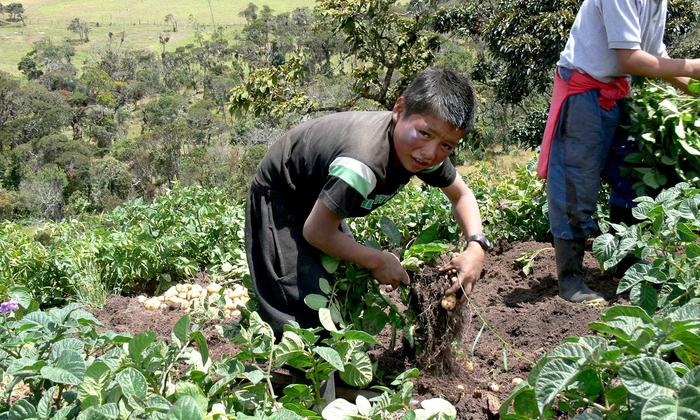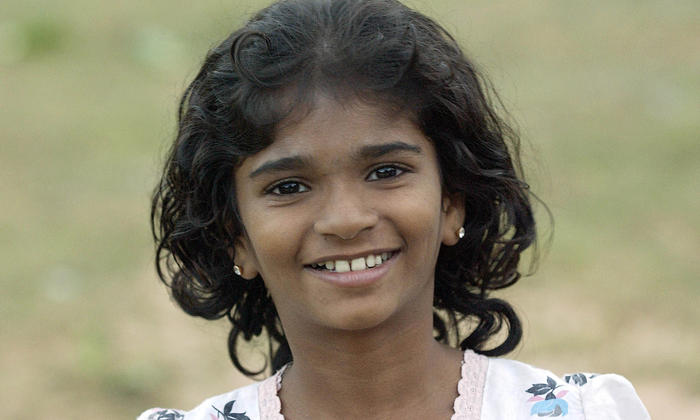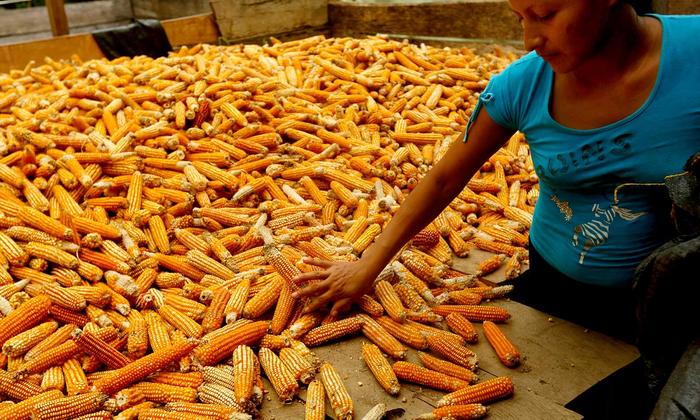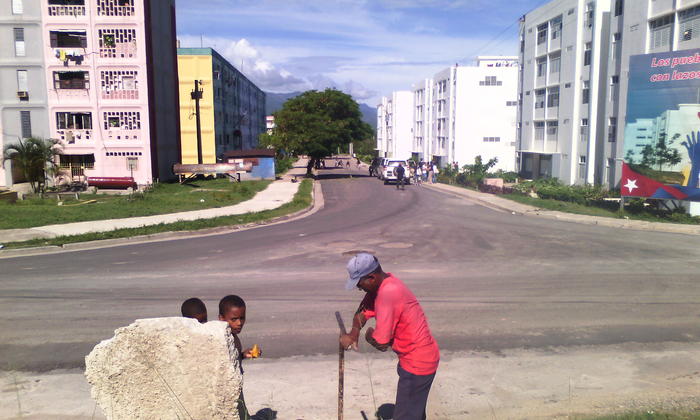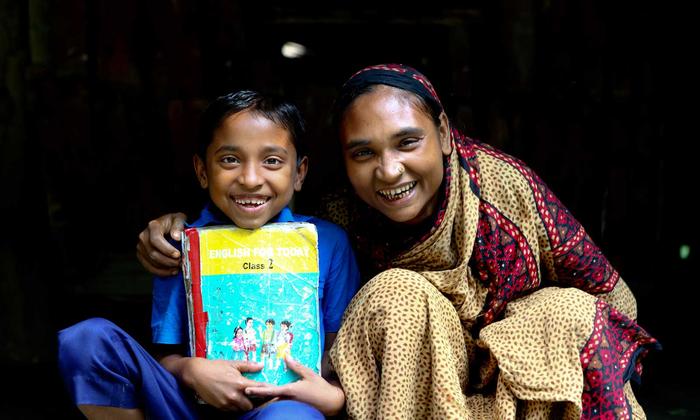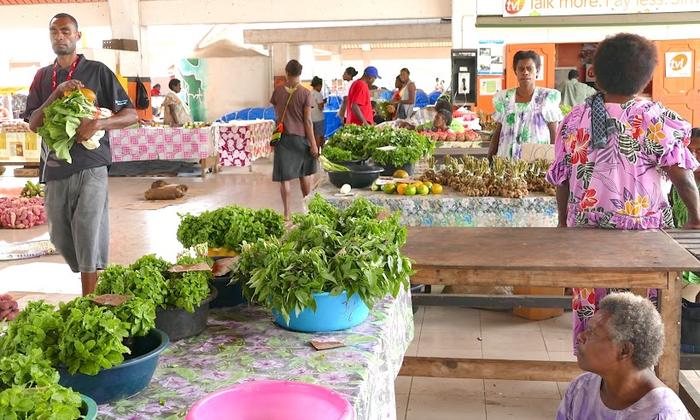Water supply in the Philippines
While 84.4% of families have access to safe water, around 56.9%of households do not treat their water. Substantial numbers of people suffer water scarcity and access to basic sanitation. They are at risk for water borne disease.
Corruption and the political culture have greatly diminished the government’s ability to deliver quality public services. One major problem is the fragmentation of structures, policies and programmes on safe water, sanitation and hygiene. Locally, the fragmentation manifests in terms of structures, policies and plans. Also, water policies and programs often exclude marginalized groups.
The programme
This joint programme builds on the experiences and gains of two previously implemented MDG-F programmes on on water and sanitation and on climate change adaptation. It seeks to empower citizens and communities with access to sustainable safe water and sanitation services.
It aims to:
- Increase the participation of women and girls in planning, decision-making, monitoring and implementation of safe water, sanitation and hygiene projects and programs
- Reduce the incidence of water-borne diseases and practice of "open defecation" in target municipalities
The approach
There are 3 components to implementation:
- Improving local governance of safe water, sanitation and hygiene
- Demonstrating solutions to broaden access to safe water supply and improve sanitation and hygiene
- Generating and utilizing knowledge on safe water, sanitation, and hygiene
Women and girls and their communities are the target claim holders. Social institutions for water and sanitation will facilitate community organization and ownership, and provide an effective guarantee for the sustainability of the project.
Approximately 2,000 households in 4 of the poorest provinces will be targeted. There will be 3 regional knowledge hubs created. In its second year, the programme will apply tested and refined solutions to other waterless municipalities in the other poorest provinces in the Philippines.
Quick facts
Total programme budget: $3.6 million
% funded by SDG-F: 42%
UN agencies: UNDP, UNICEF and WHO
National partners: Government departments, national Water Resource Board, private sector organizations, regional hubs and local CSOs
Duration: January 16, 2015 to June 30, 2017

